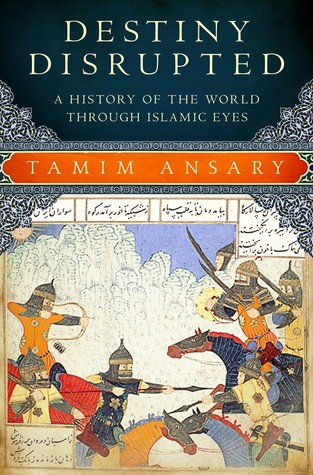In time, a fresh wave of nomadic ruffians from the highlands came down and conquered Akkad, and they were conquered by others, and they by others—Guttians, Kassites, Hurrians, Amorites—the pattern kept repeating. Look closely and you’ll see new rulers presiding over basically the same territory, but always more of it. The Amorites clocked a crucial moment in this cycle when they built the famous city of Babylon and from this capital ruled the (first) Babylonian Empire. The Babylonians gave way to the Assyrians, who ruled from the even bigger and grander city of Nineveh. Their empire stretched
...more
This highlight has been truncated due to consecutive passage length restrictions.
opposed to our base-10 system) and were pioneers in the measurement and division of time, which is why the year has twelve months, the hour has sixty minutes (five times twelve), and the minute has sixty seconds. They were terrific urban planners and architects—it was a Chaldean king who built those Hanging Gardens of Babylon, which the ancients ranked among the seven wonders of the world. But the Chaldeans followed the Assyrian strategy of uprooting whole populations in order to divide and rule. Their king Nebuchadnezzar was the one who first smashed Jerusalem and dragged the Hebrews into captivity. It was also a Chaldean king of Babylonia, Balshazzar, who, while feasting in his palace one night, saw a disembodied hand write on his wall in letters of fire, “Mene mene tekel upharsin.” His sycophants couldn’t make heads or tails of these words, probably because they were blind drunk, but also because the words were written in some strange tongue (Aramaic, as it happens.) They sent for the Hebrew captive Daniel, who said the words meant “Your days are numbered; you’ve been weighed and found wanting; your kingdom will be divided.” At least so goes the Old Testament story in the book of Daniel.


